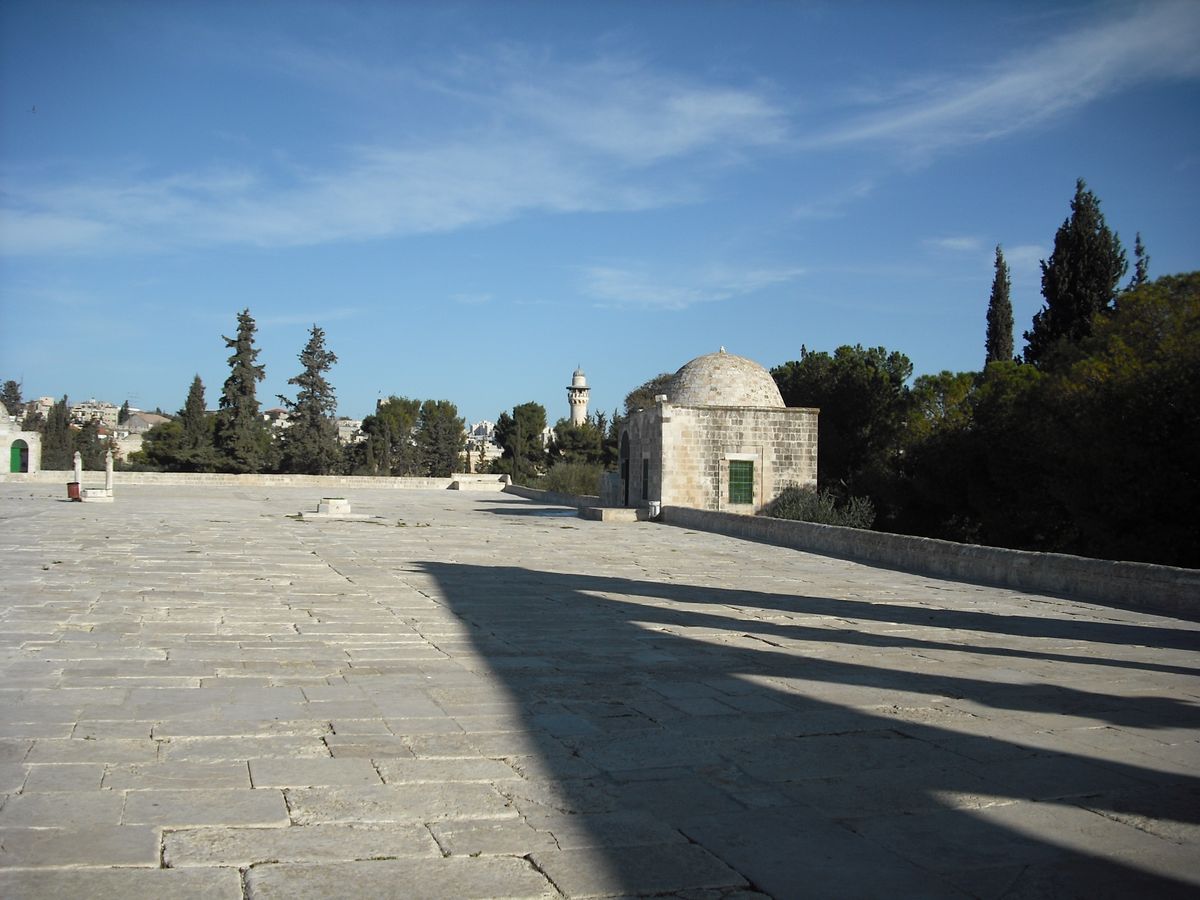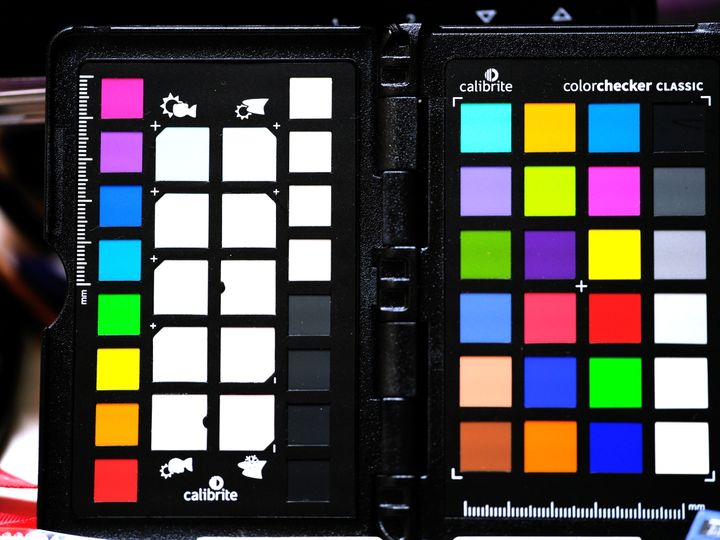QT 21/07/2025 Mon. Ezekiel 2. Fragile Yet Royal 脆弱而又是皇家

QT 21/07/2025 Mon. Ezekiel 2. Fragile Yet Royal
READ http://www.esv.org/eze2
Ezekiel was a Hebrew priest and prophet, from a priestly family (Ezek. 1:3). He lived during the Babylonian exile, a traumatic time when many Israelites were taken from Jerusalem and relocated to Babylon. His ministry began around 593 B.C., about five years after the first group of exiles was deported (including Ezekiel himself).
Scripture: Ezekiel 2:6–7
[6] And you, son of man, be not afraid of them, nor be afraid of their words, though briers and thorns are with you and you sit on scorpions. Be not afraid of their words, nor be dismayed at their looks, for they are a rebellious house. [7] And you shall speak my words to them, whether they hear or refuse to hear, for they are a rebellious house. (ESV)
Ezekiel 2 opened with God’s call of Ezekiel and an elaboration of the tasks assigned to him (vv. 1–2). God reminded him of the difficulties of this task because he was going to speak with humans (vv. 3–7). Ezekiel was called “son of man”, pointing to him being a member of the humanity he was speaking to.
(1) Son of Man: Humanity is fragile and mortal
Ezekiel was reminded that humanity is somehow hard-headed, yet weak in spiritual perseverance. Words in the likes of “impudent”, “stubborn”, “rebellious house” were used. We are reminded to have a robust view of the fallen humanity within us that still remain and struggles with the Holy Spirit’s prompting.
(2) Son of Man: Possibility of Humanity Restored
This same phrase (Son of Man) was used of the messianic figure in Dan 7:13 who appeared before the Ancient of Days and of Daniel himself in 8:17. Later, Jesus was described in the New Testament as referring the title to himself (Matt 8:20; 9:6; 11:19; Mark 2:28). We see hope of restoration, because Jesus the Son of Man is The LORD’s agent to recreate royalty of the kind that serves as God’s representative on behalf of humanity.
*(3) Ezekiel consumed the Scroll of Words (vv. 8–10)
Ezekiel first had to internalise God’s Word before being able to convey them to others by speech and his own life. That fact that the writing on the scroll given by God had writing on both the front and back probably suggested that Ezekiel was NOT to add contents of his own liking, and was not to pick and choose the partial message of God to placate the listeners. All lamentations, mourning and woes were to be claimed wholly (2:10).
Prayer: Lord God. We come before You as those who, like Ezekiel, are fragile and flawed—sons and daughters of man. You know our hearts: rebellious at times, slow to listen, yet deeply in need of Your truth and mercy. Thank You for not abandoning us to our hardness of heart. Thank You for sending Jesus, the true Son of Man, who bore our sins and now reigns with all authority. In Him we find not only judgment but restoration, not only warning but deep, enduring hope.
… Teach us, like Ezekiel, to internalize Your Word—fully, honestly, without compromise. Let us not speak to please people, but to honour You. Give us courage to carry the message of lamentation when needed, and the grace to proclaim Your hope when it shines through. Make us faithful, even in a stubborn generation, and remind us daily that we are called not in our own strength, but by Your Spirit. In Jesus’ name, Amen.
QT 21/07/2025 星期一. 以西结书 2 脆弱而又是皇家
阅读 http://m.bbintl.org/bible/ncv/Eze/2/
以西结是希伯来祭司和先知,出身于祭司家庭(以西结书 1:3)。他生活在巴比伦流亡时期,当时许多以色列人被带离耶路撒冷,迁往巴比伦。他的传道始于公元前 593 年左右,大约在第一批流亡者(包括以西结本人)被驱逐出境五年之后。
以西结书 2:6–7
“人子啊!至于你,虽然荆棘和蒺藜在你周围,你又住在蝎子群中,你不要怕他们,也不要怕他们讲的话。他们原是叛逆的民族,你总不要怕他们讲的话,在他们面前,也不要惊惶。7 他们或听或不听,你只要把我的话告诉他们,他们原是叛逆的。
《以西结书》第 2 章以神对以西结的呼召开篇,并详细阐述了分配给他的任务(第 1-2 节)。上帝提醒他这项任务的艰巨性,因为他要与人说话(第 3-7 节)。以西结被称为 “人子”,表明他是与他对话的人类中的一员。
(1) 人子:人类是脆弱的、寿命有限
以西结被提醒,人类在某种程度上是头脑坚硬的,但在属灵毅力上却是软弱的。他使用了 “厚颜无耻”、‘顽固’、“悖逆的家 ”等词语。这提醒我们要对内心堕落的人性有一个清醒的认识,这些人性仍然存在,并继续与圣灵的指引挣扎。
(2) 人子: 人性恢复的可能性
这个短语(人子)在但以理 7:13 和但以理书 8:17 中分别用于出现在亘古者面前的弥赛亚人物和但以理本人。后来,耶稣在《新约》中被描述为将这一称号用于他自己(马太福音8:20;9:6;11:19;马可福音2:28)。 我们看到了复兴的希望,因为人子耶稣是耶和华的代理人,他将重新创造代表人类的王室成员。
*(3) 以西结吃了字卷(第 8-10 节)
以西结首先要将上帝的话语内化,然后才能通过言语和自己的生活传达给他人。上帝赐给以西结的书卷正反两面都有文字,这可能表明以西结不能添加自己喜欢的内容,也不能为了安抚听众而挑选上帝的部分信息。所有的悲叹、哀悼和哀伤都要全盘托出(2:10)。
祷告: 主啊,上帝。我们来到你面前,就像以西结一样,是脆弱而有缺陷的人,是人类的儿女。您了解我们的心:时而叛逆,时而迟钝,却深深需要您的真理和怜悯。感谢你没有因为我们的心硬而抛弃我们。感谢你差遣耶稣--真正的人子,祂承担了我们的罪孽,如今掌管一切权柄。在祂身上,我们不仅能看到审判,还能看到恢复,不仅能看到警告,还能看到深刻而持久的希望。
...教导我们像以西结一样,将您的话语完全、诚实、不折不扣地内化于心。让我们说话不是为了取悦于人,而是为了荣耀你。赐予我们勇气,在需要时传递哀叹的信息,并赐予我们恩典,在您的希望闪耀时宣扬您的希望。使我们忠心,即使在顽固的世代,并每天提醒我们,我们不是靠自己的力量,而是靠你的圣灵蒙召。奉耶稣的名,阿门。


